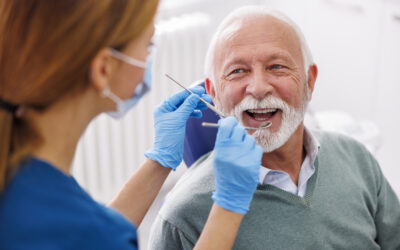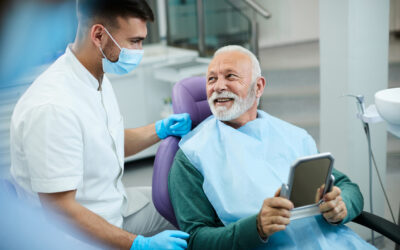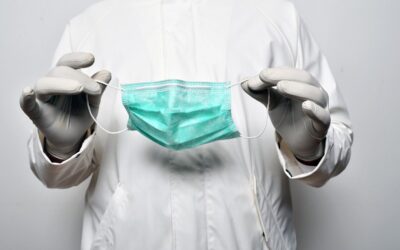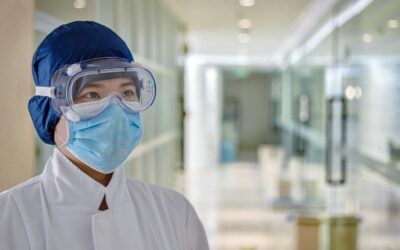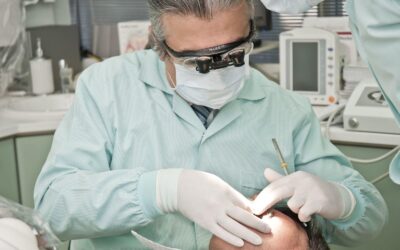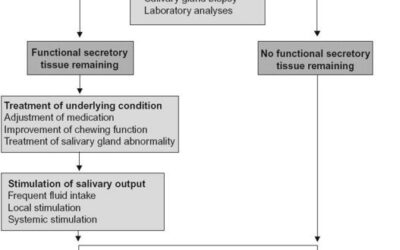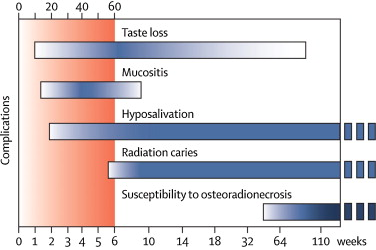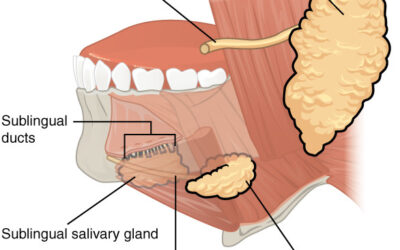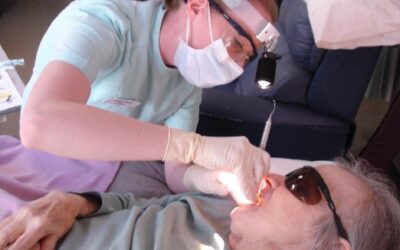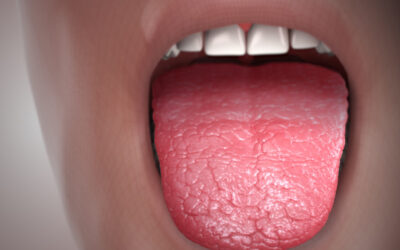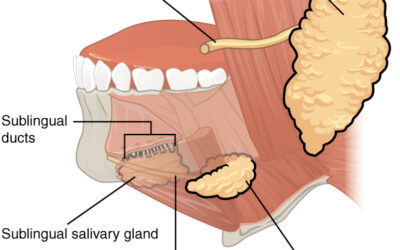The other day, I found myself discussing the importance of preventive oral care with a patient. To my surprise, she exclaimed, "Preventive care for me? I'm 69 years old; that's for kids!" Chances are, you've encountered similar reactions from your patients. It's a...
Can Dentists Prevent Pneumonia?
Your new patient comes in with her caregiver in a wheelchair. She is 83 years old and accompanied by her daughter who is carrying a box of Kleenex. The patient starts coughing and the daughter tells you that she has a history of pneumonia and hands her a tissue. You...
Breaking Down Barriers: Dentists’ Challenges in Treating Older Adults
With the rapidly increasing number of older adults in the U.S., dentists must question if we are adequately prepared to accommodate these older adults within our practices. Increasing comorbidities and frailty associated with aging for many older adults make it...
How to Conduct an Intraoral Dental Screening
An intraoral dental screening should be a routine part of any dental assessment: checking and recording the presence or absence of any abnormalities. The importance of regular dental examinations has been emphasized by the many studies which show positive outcomes for...
COVID-19’s Impact on Nursing Home Residents
Today we're talking about COVID-19's impact on nursing home residents that goes beyond what you might have heard in the news. Please find the recorded lecture, the PowerPoint presentation, and a formatted transcription of the lecture below. Don't have time to read...
How to Support Geriatric Patients with Dementia and COVID-19
This content was originally presented during the Herman Ostrow School of Dentistry of USC's 2020 Geriatric Boot Camp. The original presentation can be found below, as well as an adapted write-up of what we covered in our session. Don't have time to read the full...
How to Perform a Salivary Gland and Salivary Flow Exam
In previous articles, Dr. Roseann Mulligan explored Xerostomia, Salivary Gland Hypofunction, the role of saliva in older adults, and the causes of dry mouth including xerogenic medications and systemic diseases. In this article, we'll cover a few practical methods to...
Management of Dry Mouth in Older Patients
The management of dry mouth includes two aspects: attempts to affect a change in the causative factors of the condition; and, the prevention of any potential or worsening of existing consequences of dry mouth on oral health. Diagnosis Directed Management In order to...
Other Conditions Affecting Salivary Glands
Systemic Diseases Many systemic diseases are reported to cause or be associated with salivary gland hypofunction as mentioned in Table 1 [29], [64]. Of these systemic diseases, Sjogren's syndrome (SS) is the most common disease that causes both xerostomia and salivary...
How to Treat Dry Mouth in Older Patients
There are many diseases such as Xerostomia and Salivary Gland Hypofunction, radiation therapy in the head and neck area, and medications that cause dry mouth. In this article, we present several treatment options for older patients experiencing dry mouth. Sections...
Dry Mouth: Medications and their Effect on Saliva
By far, the most common cause of long standing dry mouth particularly in older adults is the use of xerogenic medications [30]. There are now projected to be over a thousand medications associated with subjective and/or objective oral dryness either by interfering...
Diagnosing Xerostomia and Salivary Gland Hypofunction (SGH)
There are numerous questionnaires used to assess dry mouth symptoms, including various quality of life scales and some specific instruments such as the Xerostomia Questionnaire (XQ) [22] and the Xerostomia Inventory (XI) [47], [48]. An extensive discussion of the...
Dental Care for Geriatric Patients: Xerostomia in Elderly Populations
Salivary Gland Hypofunction in Aging Epidemiology Epidemiologic studies have revealed increases in the prevalence and incidence of dry mouth with age [29], [30]; however, in most studies aging per se is not indicated as the cause or a major risk factor for dry...
Geriatric Dental Care: Older Adults and Oral Conditions
Older Adults and Oral Conditions The proportion of older adult people in developed countries has increased considerably during the last few decades and is expected to increase further in the next years. This is a result of what has been called the “demographic...
Geriatric Dentistry: Understanding the Role of Saliva
Saliva, its Function and Benefits Saliva provides important protection to the teeth and the tissues of the mouth due to its cleansing, lubricating and antimicrobial properties [11], [12]; promotion of remineralization of the teeth; transport of digestive enzymes; and...

